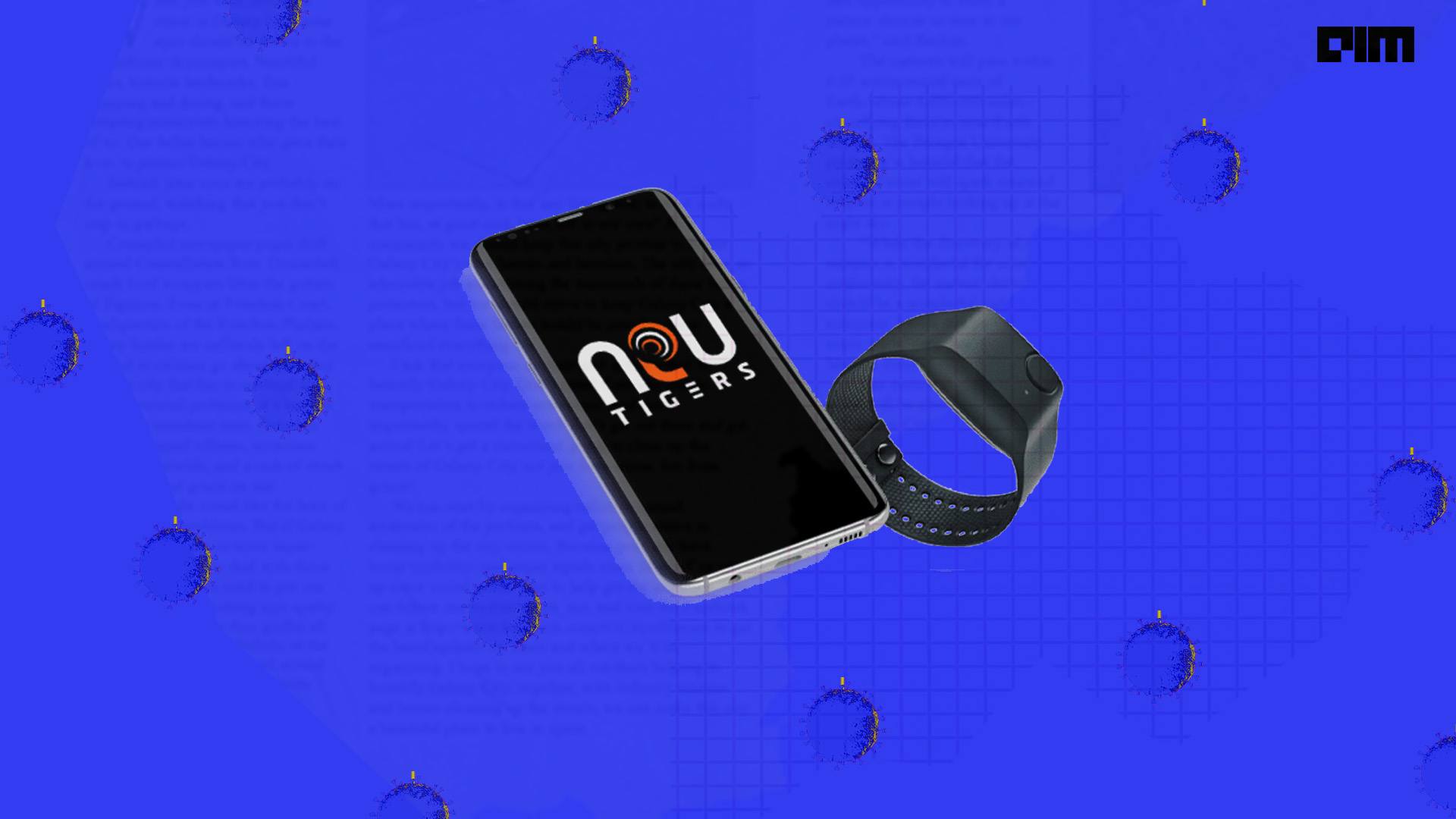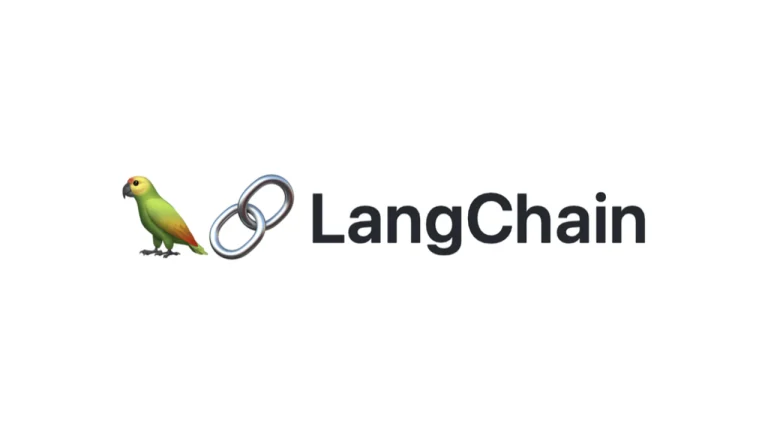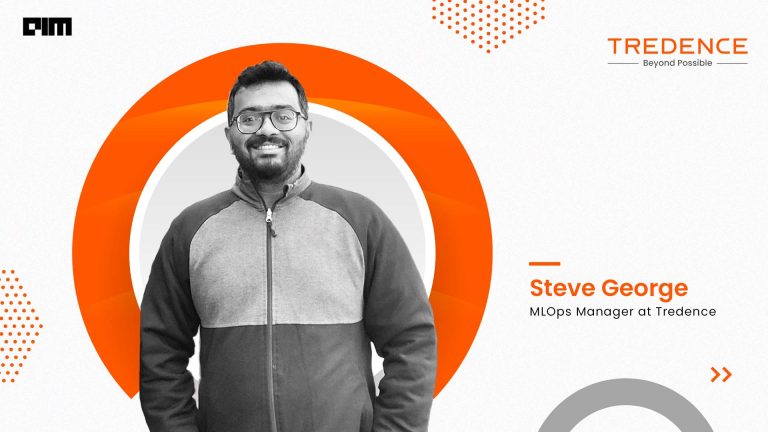Founded in 2018, NeuTigers is a Princeton University spinout building edge-AI solutions for healthcare. The startup has developed an app for Covid detection using medical sensors and neural networks. Research led by Niraj Jha, a professor of electrical and computer engineering at Princeton University, powered the innovation. The software integrates biomarker readings from smartwatch sensors and a questionnaire on COVID symptoms.
Jha’s Princeton research team has been working to deploy deep learning capabilities on edge AI. The team has proposed a framework, CovidDeep, for detection of Covid based on WMSs (wearable medical sensors) and deep neural networks.
What is CovidDeep?
CovidDeep extracts information from the data captured by WMSs. The framework also relies on synthetic data generation from the same probability distribution as the training data. The synthetic data are used to pre-train the DNN architecture to impose a prior on the network weights. CovidDeep harnesses the grow-and-prune DNN synthesis paradigm to improve accuracy and cut down on the computation costs of the inference process.
Source: ieee.org
CovidDeep gets data from physiological signals and questionnaires. The framework has two flows. Synthetic and non-synthetic. It uses synthetic data generation methods to increase the dataset size and use such data to pre-train the DNN architecture. Then, it uses grow-and-prune synthesis to generate inference models that are both accurate and computationally efficient. The models generated by CovidDeep are efficient enough to be deployed on the edge for Covid inference.
Model training
CovidDeep uses different types of DNN models:
- Those trained on the raw data only
- Those trained on raw data augmented with synthetic data to boost accuracy
- Those subjected to grow-and-prune synthesis for both boosting accuracy further and reducing model size.
The first type of DNN model uses a few hidden layers. The second type of DNN model is trained based on a system called TUTOR and is suitable for settings where data availability is limited. It provides the DNN with a suitable inductive bias. The third type of DNN model is based on the grow-and-prune DNN synthesis paradigm and employs three architecture-changing operations: neuron growth, connection growth, and connection pruning. The operations have been shown to yield DNNs that are both accurate and efficient.
Results
CovidDeep was tested across four different metrics: Test accuracy, false-positive rate (FPR), false-negative rate (FNR), and F1 score.
The CovidDeep DNN models are evaluated with four different metrics: test accuracy, false-positive rate (FPR), false-negative rate (FNR), and F1 score. These metrics evaluate the model performance from different perspectives.
The researchers got the highest test accuracy with a DNN model trained with the grow-and-prune synthesis paradigm on the dataset with features from four categories: GSR, pulse oximeter (Ox), blood pressure (BP), and questionnaire (Q).
Source: ieee.org
CovidDeep combines basic WMSs and efficient DNNs to facilitate the early and pervasive detection of the Covid infection. Through incremental learning, the model’s accuracy improves. CovidDeep takes inspiration from the human brain and its ability to solve novel problems. Using the TUTOR approach for synthetic data generation and labeling, the model solves the issue of lack of huge Covid datasets.
CovidDeep offers an accurate and easily-accessible testing mechanism for Covid detection. The device can perform an inference from a few minutes of data collection from an individual to perform an inference and does not require the presence of a nurse or physician during testing. CovidDeep can help curb the spread of Covid and reduce the need for hospitalisation.



















































































